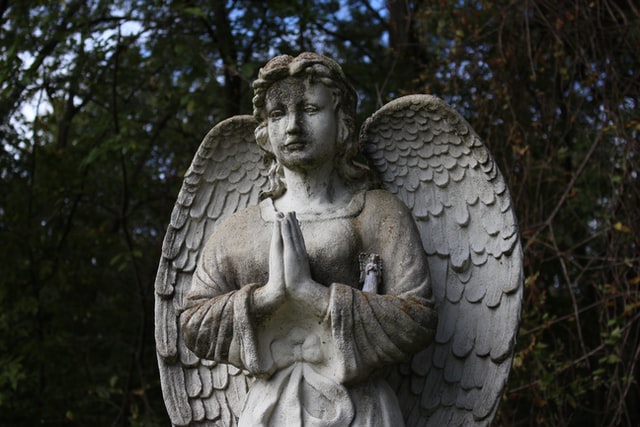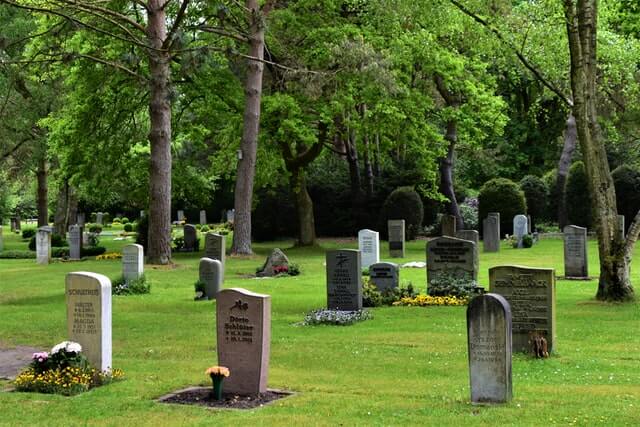- CALL NOW 1-570-742-4561 | AVAILABLE 24/7 Send Flowers

Funeral Home Etiquette: A Guide for Visitors and Mourners
June 22, 2023
Casket Selection: Finding the Right Fit for Different Body Types
July 17, 2023As experienced practitioners in funeral homes Lewisburg, PA, we often interact with bereaved individuals from all walks of life. Among the bereaved, elderly individuals might experience unique challenges due to various factors such as physical health, social circumstances, and psychological factors. This article explores these challenges and offers supportive strategies for helping the elderly in their grief journey.
Understanding Grief in the Elderly: A Distinct Experience
Grief is a universal experience, but the way it manifests can be distinctly different for the elderly. With age comes a higher likelihood of losing spouses, peers, siblings, and even children. The frequency of these losses can lead to what’s known as “bereavement overload,” leaving the elderly individual feeling emotionally overwhelmed. Additionally, previous losses can resurface during times of fresh grief, complicating the healing process.
Physical Health and Grief
Grief isn’t just an emotional experience – it has physical implications too. Older adults often deal with pre-existing health conditions that can be exacerbated by grief. Sleep disruption, changes in appetite, and general fatigue are common grief responses that can have a significant impact on an elderly individual’s health.
The Impact of Social Isolation
Many elderly individuals live alone or in settings where their social interactions are limited. The loss of a spouse or a close friend can lead to increased feelings of isolation and loneliness. Further, as peers pass away, the elderly may find their support network dwindling, which can intensify feelings of grief.
Addressing the Unique Psychological Challenges
Elderly individuals grieving a loss may face unique psychological challenges. They may grapple with existential questions, struggle with the reality of their mortality, or wrestle with feelings of fear or anxiety. Additionally, cognitive issues common in old age, such as memory loss, can complicate the grieving process.
Creating a Supportive Environment
One of the most effective ways to assist the elderly in grief is to provide a supportive environment. Ensure they have someone to talk to about their feelings – a friend, a family member, or a mental health professional. Regular visits, calls, and social interactions can also help alleviate feelings of isolation.
Encouraging Physical Health
Encourage the elderly to take care of their physical health as they navigate their grief. This might include maintaining a balanced diet, ensuring they get enough rest, and encouraging gentle exercise if possible. If they have pre-existing health conditions, help them manage these effectively during the grief process.
 Professional Grief Support
Professional Grief Support
Consider seeking professional grief support for elderly individuals struggling with their loss. Grief counselors and therapists can provide strategies and tools to cope with the loss. Support groups, too, can be beneficial, as they offer a space for shared experiences and mutual understanding.
Promoting Life-Enriching Activities
Promote activities that enrich their lives and provide a sense of purpose. This could include hobbies, volunteer work, or social activities. These activities can provide a positive focus, reduce feelings of loneliness, and aid in the grief process.
Engaging in Remembrance
Engage them in acts of remembrance to honor the person they’ve lost. This could be as simple as sharing stories, looking at photos, or participating in memorial events. Such acts can provide comfort and a sense of connection to the deceased.
Helping the elderly navigate grief involves understanding their unique challenges and offering supportive strategies tailored to their needs. We are committed to serving our community, providing compassionate care at our funeral homes in Lewisburg, PA. To learn more about how we can assist you during this challenging time, know more about our service at Dale Ranck Cremation & Funeral Care. We’re here to support you every step of the way.



